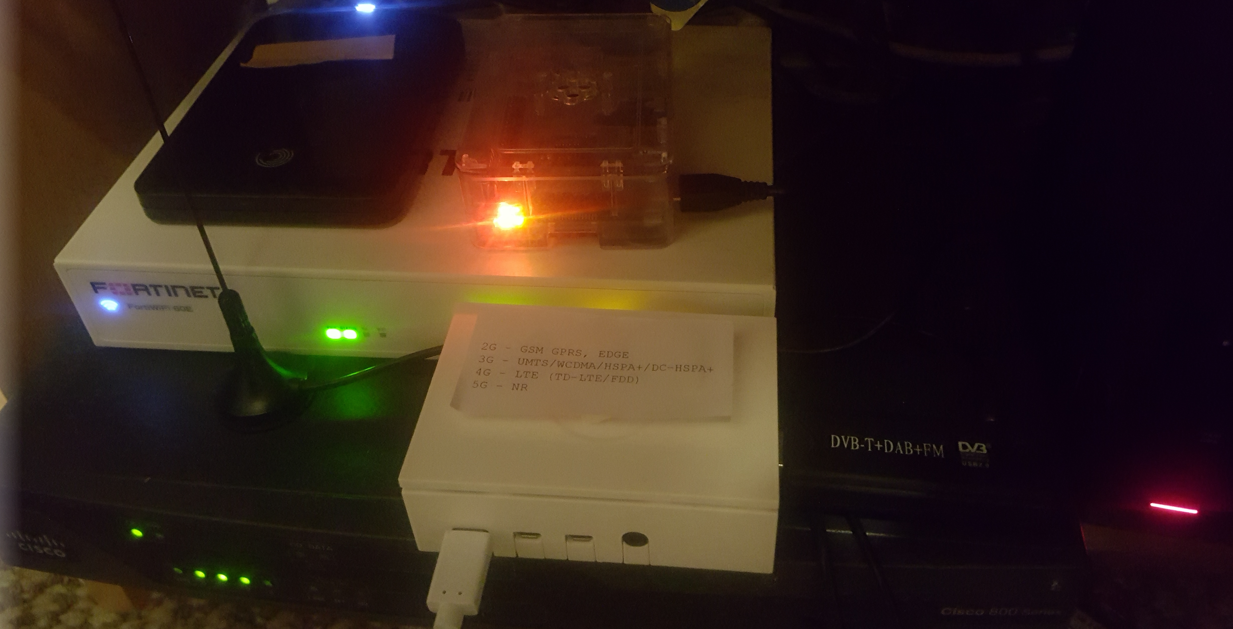
Nowadays, we have become more dependent on our home WIFI networks.
So we need them to be more secure and flexible!
In order to do this, I use a raspberry PI breakout board to enhance my personal network features and security
- VPN is hosted at home, so closer to source for microsegmentation
- Easier to manage with intuitive software to choose what to block and log with clear pictures to click
- Un-attended software upgrades automated
- Features can be off-loaded to distribute resources more optimally
- Scalability for additional features so is very versatile, and can tunnel into cloud(s), IOT or other home networks
- Your personal mobile devices are also protected outside the home
- Can access your private music/movies/files wherever in the world your phone connects to the Internet.
Unlike other VPN solutions for home networks, there are no additional subscription or licensing costs.
Pi-VPN
My devices can connect to my PI, with military grade encryption, from anywhere in the world that has Internet connection. Wireguard is preferable, as it is faster than OpenVPN
Pi-Hole
Devices have additional security with Pi-Hole by having a DNS sinkhole closer to them. This results in unwanted ads/data mining being blocked at the network level, with logs being private (unlike public VPNs).
For example, freeware games can be used on mobiles outside the house and adverts will be blocked.
Pi-Unbound
Pi-Unbound combined with the above, will increase anonymity. As no one public server, resolves the entire request to visit a website, no public DNS server will know specific website we are resolving to visit.
Pi-NAS
Movies and music can be streamed LIVE alongside reviewing/editing files privately from your HDD/SDD

